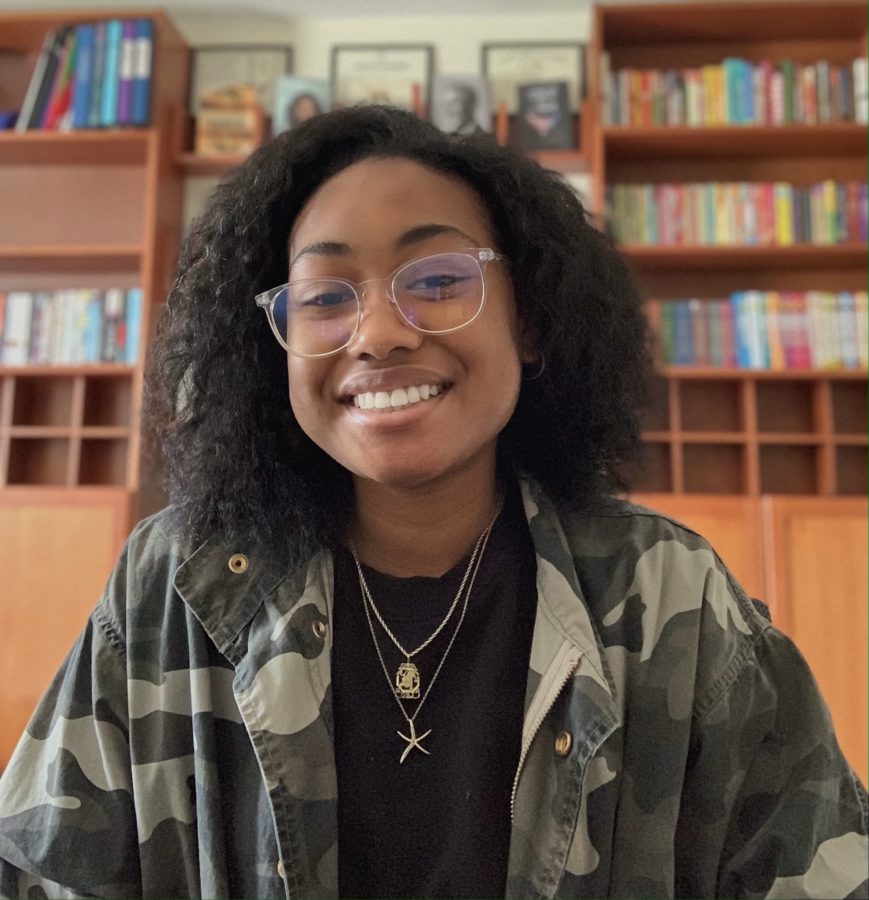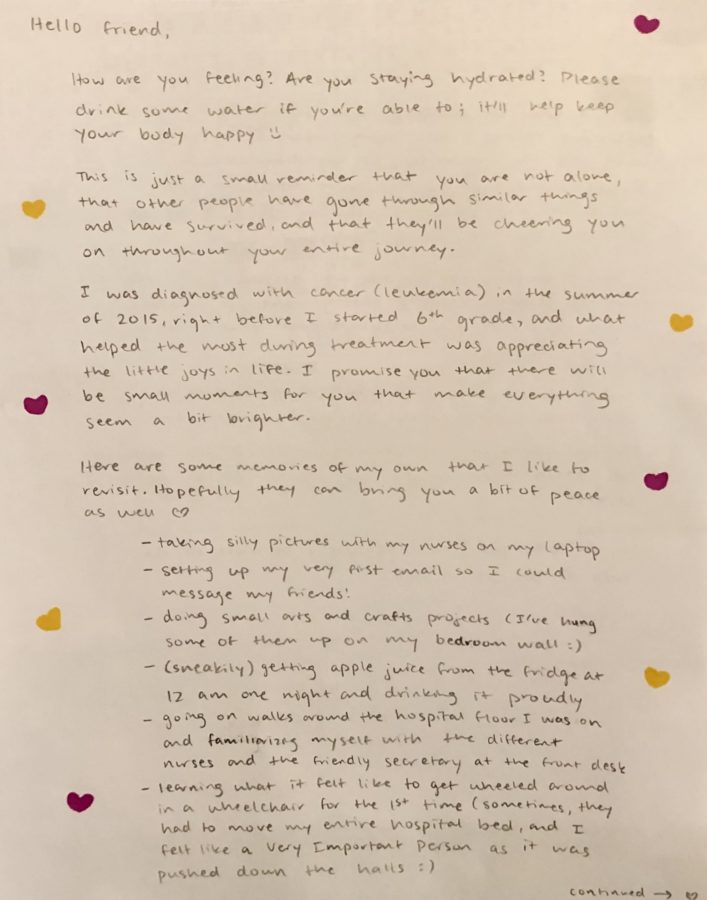It’s finally February…also known as Academy Awards season to all of my fellow film fanatics and pop culture lovers. The academy and its politics has been a hot topic of debate recently, and the drama seems to be swelling. The biggest source of argument appears to be over the academy’s lack of female directors and people of color among the nominees and, of course, the typical banter over who should win and why. It is 2020, and the academy has no excuses not to nominate a best female director or more people of color.
For some background, the Academy Awards (also known as the Oscars, not to be confused with the Golden Globes) are an annual award ceremony held by the academy of Motion Picture Arts and Sciences, that, according to the academy itself, aims to “recognize and uphold excellence in the motion picture arts and sciences, inspire imagination, and connect the world through the medium of motion pictures.” The academy is made up of thousands of members who can only nominate within their field, and as of 2019, only 32% of members were female and 16% were people of color.
Personally, I believe the biggest snub this year was Greta Gerwig for her direction of “Little Women.” Gerwig’s protégé Saoirse Ronan took the lead as free-spirited Jo March; Timothée Chalamet shined as Laurie, the wealthy boy next door; and Florence Pugh dazzled as Amy, the youngest March sister.
The film, a 21st-century reworking of Louisa May Alcott’s classic book of the same name, examines four sisters’ adventures to womanhood and the trials and tribulations that come along. Originally, Jo (the main character) ends up marrying a professor. However, in Gerwig’s film, she proves that a woman can be plenty successful without a man by making sure Jo remains single. She artistically portrays her take on the story by using a color-coded, seven-year time jump. A warm golden filter is used for scenes portraying the girls’ hopeful childhoods while a cooler blue filter is used for scenes that take place in adulthood.
Gerwig has established a pattern for herself by using a consistent set of actors (Ronan and Chalamet were both used in Gerwig’s “Lady Bird”) and staying to a common theme (coming of age), just as other famed directors such as Quentin Tarantino or Wes Anderson have. She has more than proved herself and was more than deserving of a best director nod.
The scarcity of women of color is another story. Only five women have ever been nominated for best director, only one has won and none of the five nominees have been of color. Halle Berry has been the only black woman ever to win best actress, and the Academy Awards have been occurring for over 90 years. This year, the academy could have added more fuel to the change by nominating actresses like Jennifer Lopez for her stellar performance in “Hustlers,” Lupita Nyong’o for practically playing two different characters in “Us,” or director Lulu Wang and actress Awkwafina for their marvelous work on “The Farewell.” Despite a vast array of talent to choose from this year, only 31% of nominees are women and the only person of color (female or male) nominated for an acting award is Cynthia Erivo for “Harriet.”
Although this year seems to be a defeat for the academy in terms of equality, it has made some strides in other areas, such as acknowledgment of foreign film. “Parasite,” a psychological thriller directed by Bong Joon-ho, became the first South Korean film ever nominated at the awards. Joon-ho’s “Parasite” swept up nominations in six categories, including best picture. It is a fantastic movie with a plot unlike anything I have ever seen. “Parasite” brings the issue of class discrimination to light and will make you see the world through a new lens.
After the Time’s Up and MeToo movements took over Hollywood, the academy did make an effort to attempt to diversify its members. It increased its female membership by 7% and doubled its members of color, from 8% to 16%. However, it neglected to comment on its specific director member statistics, which leaves you wondering what, exactly, it is trying to hide. The academy’s goal to “connect the world” through film will never be fully accomplished if the people are not fairly represented. The world is a diverse place, and it is time for the academy to embrace that.

























































































